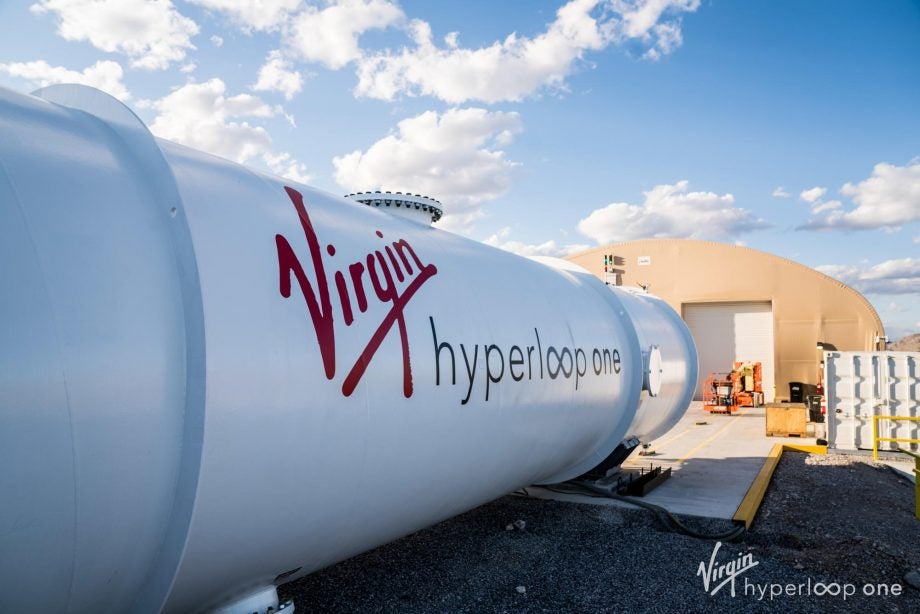Virgin Hyperloop One is building a $500 million R&D facility in Spain

We may still be some way off the first Hyperloop tube, ready to propel us between cities at 700 miles per hour, but we are at least one step closer to making that dream a reality. Virgin Hyperloop One is investing in a $500 million R&D facility in Bobadilla, Spain.
The deal will see Virgin Hyperloop One get €126 million in loans and research support from the Spanish government, and is expected to create 200 to 300 jobs with a suitably punchy economic knock-on effect.
Related: What is Hyperloop?
“With its robust transportation, aerospace, and high-tech sectors in turn paired with outstanding regional talent, Spain is an ideal fit for Virgin Hyperloop One’s Advanced Technology Development and Testing Center,” said Rob Lloyd, Virgin Hyperloop One CEO.
“By investing in the development and testing of Virgin Hyperloop One, Spain is extending its long tradition as an innovative, global transport leader. We are excited to partner with such a forward-thinking country in developing the next generation of transportation.”
While the name may not be immediately familiar to people in the UK, Bobadilla, located in the Malaga province, is a sizeable logistics and aerospace hub. There are currently over 9000 transport and logistics companies based there, with some 20,000 R&D-focused workers.
“For Hyperloop to be commercially viable it needs to be safe and reliable − safety is our number-one priority,” said Josh Giegel, the co-founder and CTO of Virgin Hyperloop One.
“We’ve already been testing and improving our technology for the last four years, including building the only full-scale Hyperloop system in the world. Ultimately, the centre will help us deliver upon our first projects and scale to meet future demand around the world.”
Read more: Best smartphone
Last month, a team of engineers from the Technical University of Munich set a new record for Hyperloop speeds, with a pod that managed to hit top speeds of 284mph. That’s fast, but earlier in the year Elon Musk expressed hopes of hitting half the speed of sound in an upcoming test.
“This is kinda nutty for such a short distance, so could easily end up being shredded metal, but exciting either way,” he added. This is just the kind of optimism that Virgin’s new Spanish team will be looking to harness in their research.
Is the Hyperloop the future or just, uh, hype? Let us know on Twitter @TrustedReviews.


